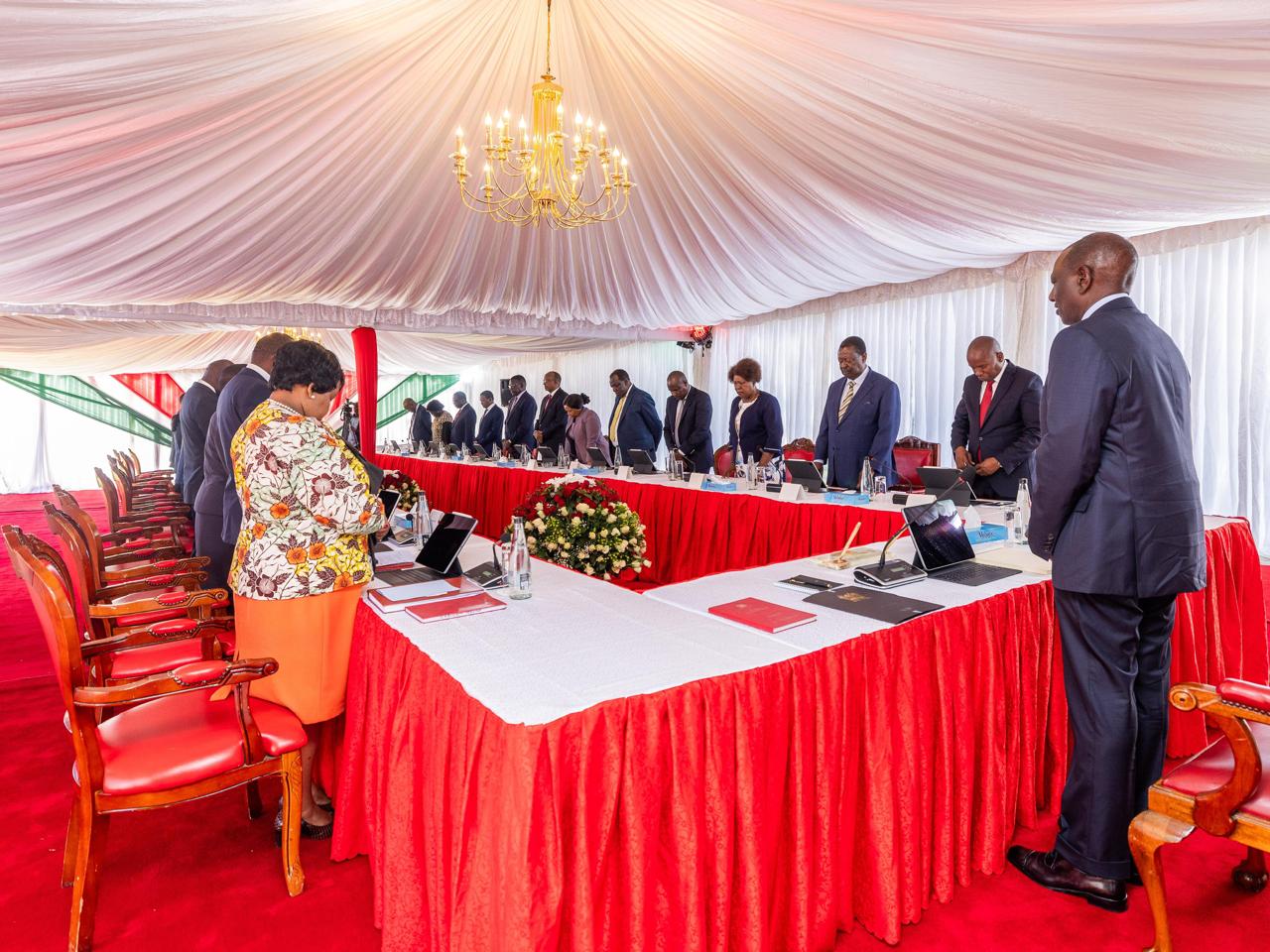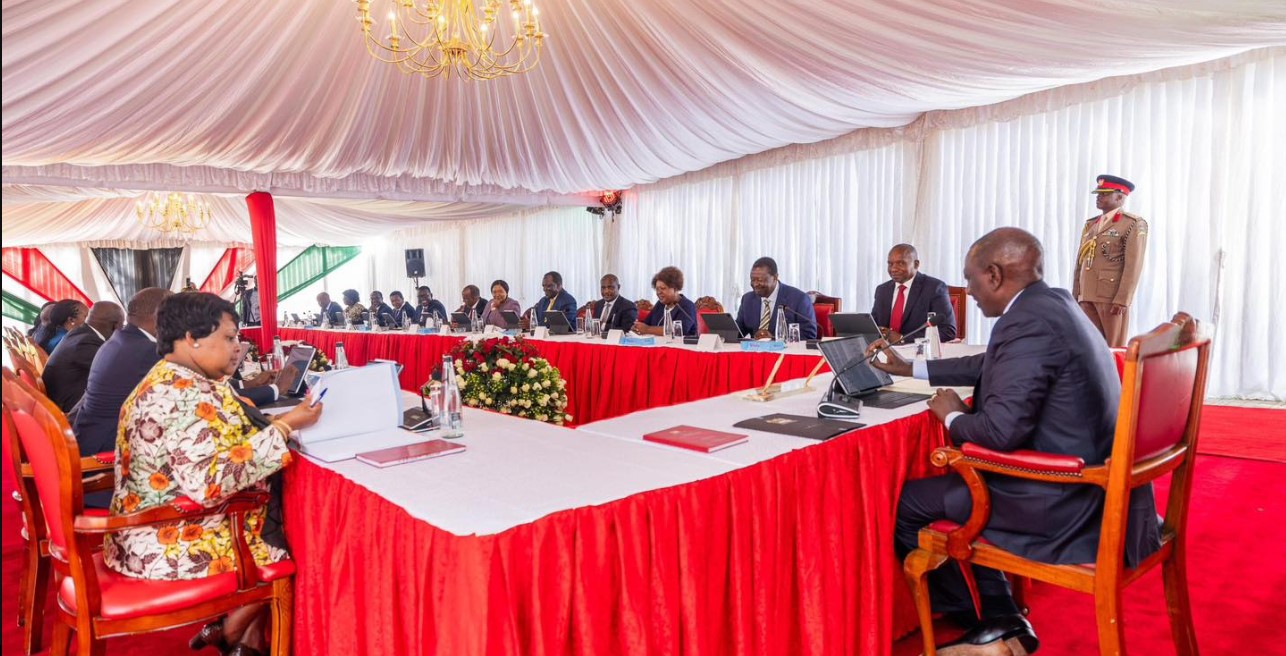Cabinet approves dual training policy to transform TVET education

The initiative seeks to bridge the skills gap in the labour market by integrating classroom instruction with hands-on industry experience.
The Cabinet has endorsed the implementation of the Dual Training Policy, aimed at enhancing Technical and Vocational Education and Training (TVET).
The initiative seeks to bridge the skills gap in the labour market by integrating classroom instruction with hands-on industry experience.
More To Read
According to the Cabinet dispatch, the policy ensures trainees spend between 50 per cent and 70 per cent of their training in industrial settings, with the remainder in educational institutions.
The Cabinet chaired by President William Ruto said the approach is designed to equip learners with practical, industry-relevant skills.
“The policy prioritises collaboration between training institutions and industry stakeholders to align education with market demands. It also leverages cutting-edge technologies and industry expertise to boost graduates’ employability,” reads the dispatch.
TVET Principal Secretary Esther Muoria had called on the private sector to join forces with TVET institutions across the country to accelerate the realisation of dual training.
Muoria emphasised that while the state department has laid the foundation for Competency-Based Education and Training (CBET), which focuses on acquiring practical skills, collaboration between TVETs and industry is essential to ensure students gain hands-on experience.
“Industry and TVET have to work together for two pertinent reasons. One, we need pools of skilled young people because this is how Kenya will industrialise. Once the world knows we have skilled people in Kenya, they will invest, and our young people will get jobs,” Muoria said during a stakeholders’ meeting organised by Nyeri National Polytechnic last year.
“The second reason is that labour is needed out there. The world doesn’t have enough young people to work for it. We need to work together to equip our youth with skills so they can access opportunities locally and internationally,” she added.
Dual training, also known as work-integrated learning, blends classroom education with practical work experience. Launched in June last year, the model was introduced to make vocational training less theoretical and more needs-based.
The Ministry of Education envisioned that through this partnership, TVETs would focus on preparing learners for specific industries.
The training would be tailored to align with current labour market demands, enabling trainees to gain practical knowledge in real-world work environments.
Additionally, learners would benefit from exposure to actual work conditions and hands-on experience under the guidance of experienced professionals in various sectors.
Muoria highlighted ongoing efforts to strengthen collaboration between the private sector and training institutions. The meeting aimed to foster partnerships to support dual training and enhance its implementation.
She revealed that her department was working on a framework to bolster cooperation between TVETs and industries. She also noted that an Industry Liaisons Office had already been established to coordinate these linkages and ensure graduates are equipped with industry-specific skills to navigate both local and international labour markets.
“What I am waiting for is the Industrial Linkages Policy to get done so that we can invite stakeholders before I present it to the Cabinet. Once it is before the Cabinet, they will guide us on how to incentivise the industry to work with us,” she said.
The Principal Secretary stressed the importance of ensuring training institutions and industries collaborate effectively, particularly in sectors crucial to Kenya’s industrialisation agenda. Through such partnerships, the dual training model is expected to enhance the country’s workforce and attract global investments, ultimately boosting job creation and economic growth.
The initiative is also expected to strengthen Kenya’s workforce by producing graduates with the skills necessary to meet the evolving needs of the labour market.
Top Stories Today


















